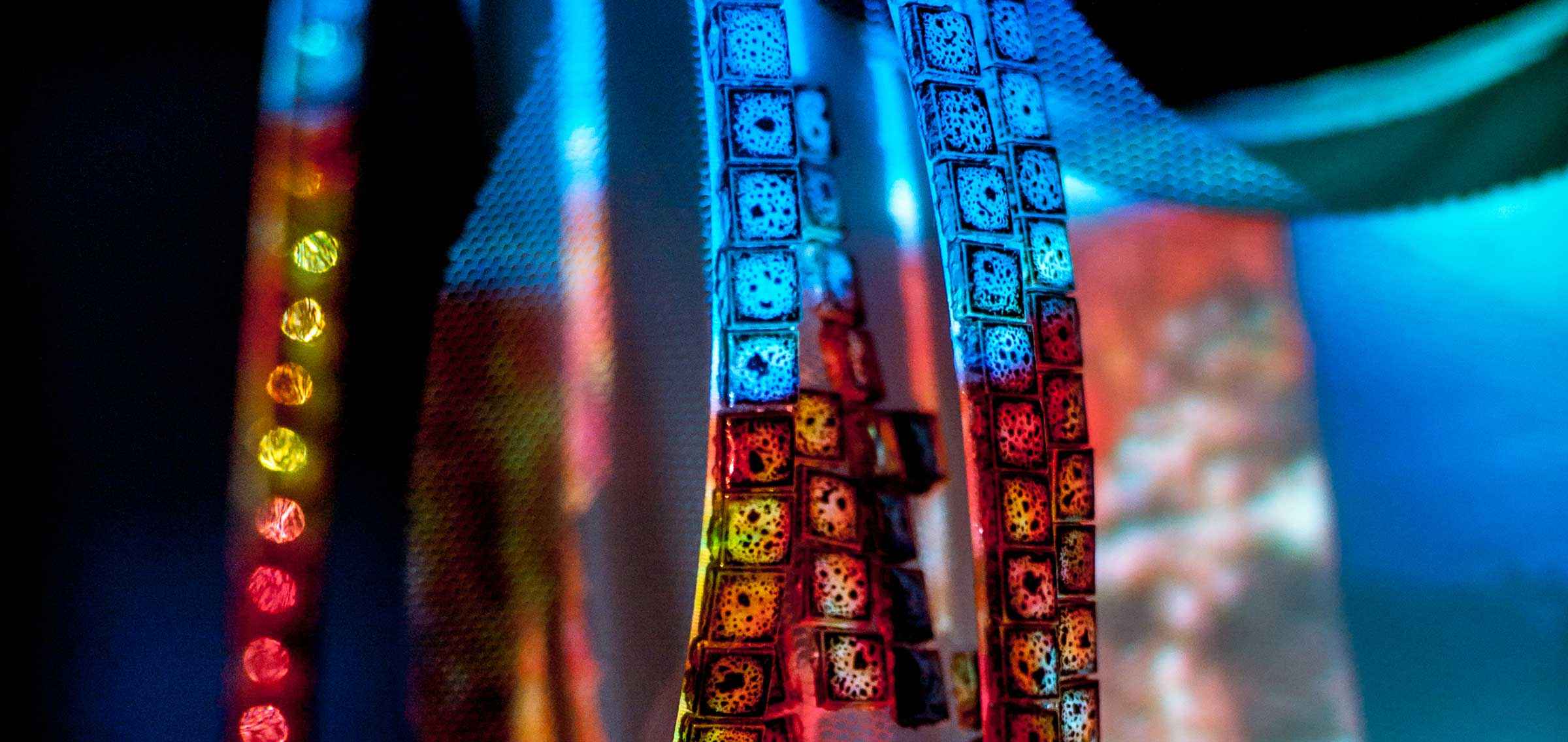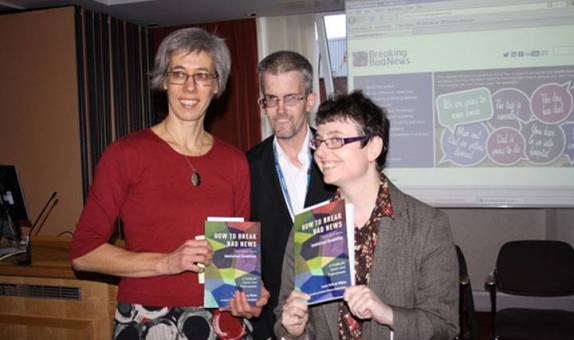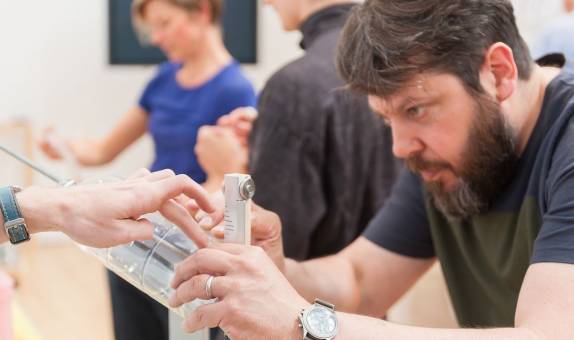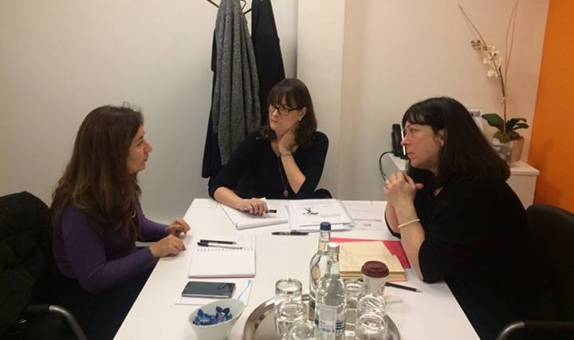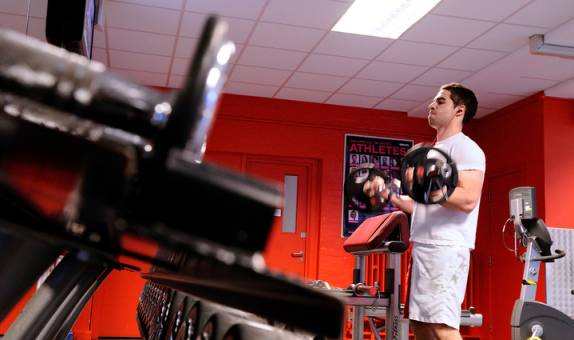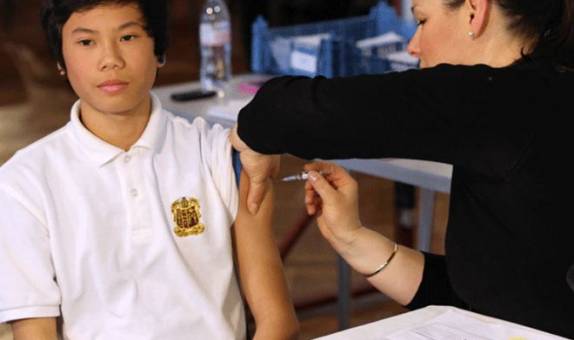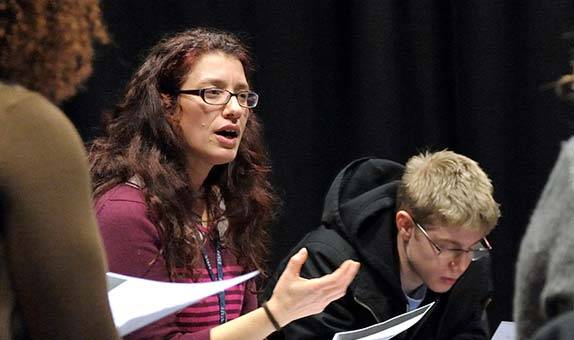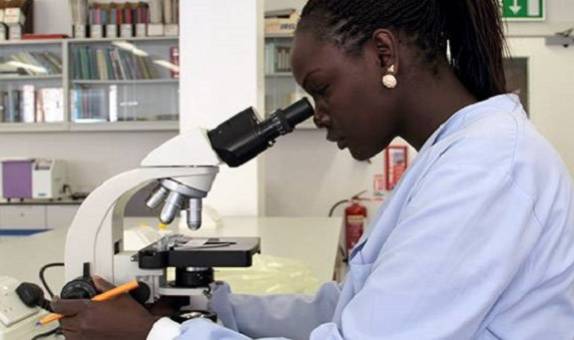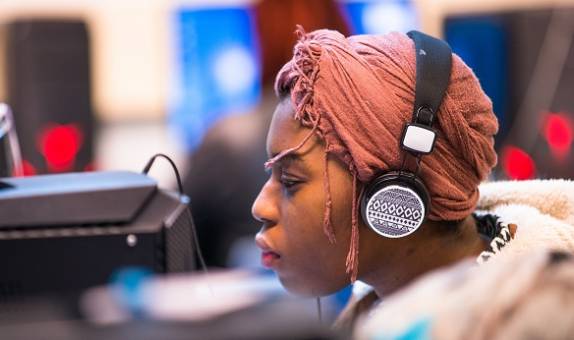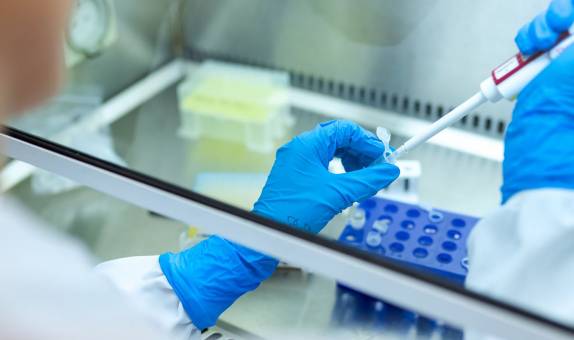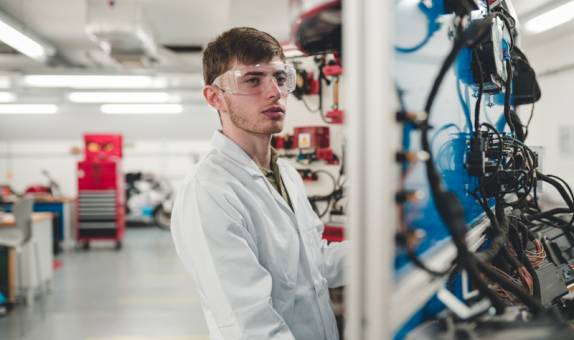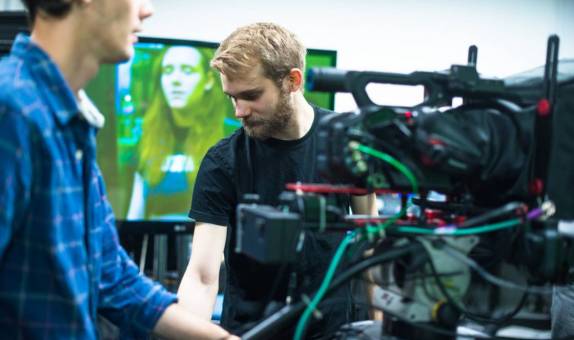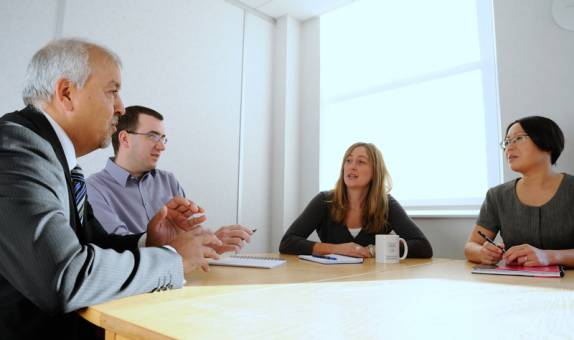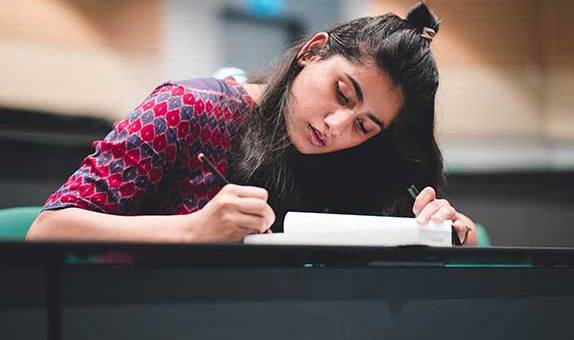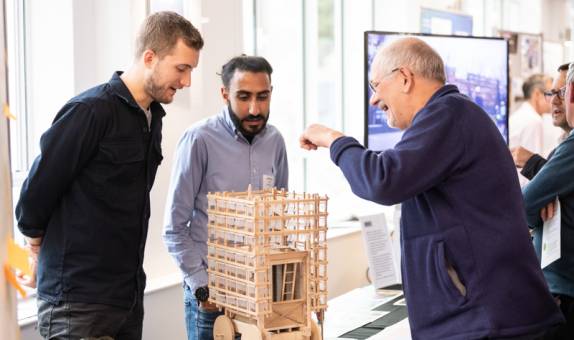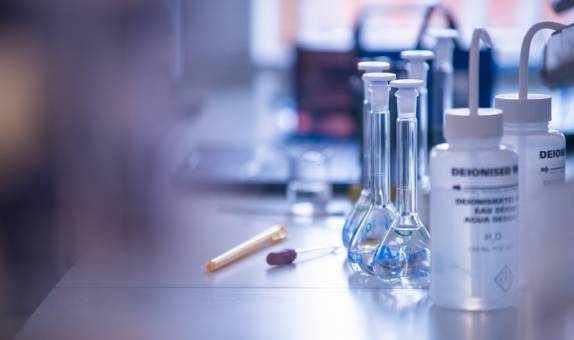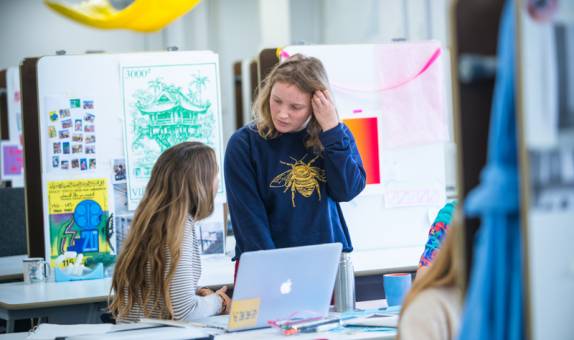Research impact case studies
Research at Kingston University ranges from world-leading and international excellent art and design to ground-breaking health, science, humanities and social science. Discover how our research is making a difference to society, culture and the economy.
Featured case studies
Improving end-of-life care for those with disabilities
Making life's end easier for those with intellectual disabilities.
Nightclubs' contribution to evolution of design
Bringing international attention to the design of nightlife.
Fixperts: Making as public good
How fixing everyday problems has driven creative problem-solving.
Overcoming trauma through creative writing
Storytelling method supports recovery from trauma.
Advancing anti-doping for clean sport
Assessing doping prevalence and promoting clean sport behaviour.
Improving services through wireless networks
Advancing wireless and multimedia technologies.
A gender-neutral HPV vaccination programme
Health economics research contributes to NHS policy change.
Product development at tyre manufacturer Pirelli
Framework accelerates innovation and development.
Explore all research impact case studies
Read about our case studies in each research area below.
Contact us
- For non-student research enquiries, email the Research Office
- For research impact and REF enquiries, email the REF and Impact Team.
- Research contacts
- How to get to Kingston University
